Apply for Admission to Webster
Declare your double major in education and in a STEM field, such as biology, biological sciences, chemistry, mathematics or computer sciences. Transfer students welcome to apply.
WESTbound Success Scholarship Application
Complete the WESTbound Success scholarship application within the application portal to be considered for $15,000 in Noyce Teacher Scholarship program funding.
Webster Educating STEM Teachers Bound for Success
Value: $15,000 per academic year, junior and senior years
Webster University invites qualified applicants to apply for a WESTbound Success Scholarship (Webster Educating STEM Teachers Bound for Success). The WESTbound Success program is funded through a grant from the National Science Foundation’s Robert Noyce Teacher Scholarship (Noyce) program.
Become a 2024-2025 WESTbound Success Scholar
For the 2024-2025 academic year, Webster University will award WESTbound Success Scholarships of $15,000 each to the ten most qualified applicants for their junior and senior years. For consideration for the WESTbound Success Scholarship for Fall 2024, applications submitted by April 15, 2024 will receive first consideration. Applications submitted after this deadline will be considered if funding is available.

“The WESTbound Success Grant will augment Webster’s increased focus on STEM programming while also increasing cross-collaboration between multiple academic units at the University.”

Dean of the College of Science and Health
Targeted Advising and Mentorships

WESTbound Success Scholars also receive:
- Targeted program advising and faculty mentoring (in both STEM and Education).
- Multiple student teaching experiences as part of the Education degree.
- Content area tutoring and test preparation for required state content certification exam (MoCA certification exam).
- Training in culturally relevant pedagogy incorporated into the Education curriculum.

Other WESTbound Success Scholar benefits include:
- Tuition paid by the grant for two summer classes (approximately $750 for 6 credits) at St. Louis Community College between your second and third years of study (to help start off your third year as a WESTbound Scholar with more credits completed).
- Paid summer research in your STEM discipline between your third and fourth years of study (including $3,000 to cover summer tuition for 4 credits plus a stipend of $3,500).
- Collaborative STEM outreach activities with community partners, including the Academy of Science, the Donald Danforth Plant Science Center, the Urban League, the Reeg Academic Resource Center, etc.
- Opportunities for grant-paid travel to NSF Noyce conferences to meet other Noyce scholars from around the country, learn best practices in the field, and network with STEM professionals.
To be eligible to apply, you must:
- Be a full-time, undergraduate Webster student or be accepted as a full-time, undergraduate transfer student with declared double majors in a STEM field (Biology, Chemistry, Math or Computer Science) and Education (with a certification in a STEM area).
- Commit to teach for four years in a high-needs school after degree completion preparing the next generation of STEM professionals.
- Maintain a cumulative GPA of at least 2.75 and a GPA of 3.0 in STEM coursework (state requirements for teaching).
- Be a U.S. citizen, permanent resident or national.
For more information, please contact:
- Dr. Anton Wallner, Webster STEM faculty, antonwallner@webster.edu, 314-246-7835
- Dr. Joe Sencibaugh, Webster Education faculty, jsencibaugh77@webster.edu, 314-246-7072
- Dr. Teresa Alvarez, STLCC STEM faculty, talvarez@stlcc.edu, 314-644-9091
- Dr. DJ Kaiser, Webster AVP Academic Affairs, djkaiser@webster.edu, 314-246-7153
After Degree Completion and Graduation
Support offered with the WESTbound Success Scholarship continues after graduation, with participation in post-graduation induction activities (Saturday, half-day professional development workshops for new teachers) to discuss best practices and receive mentoring from seasoned professionals in the field (held both in person and virtually).
As part of your commitment, scholars will teach for four years in a high-needs school, preparing the next generation of STEM professionals. Many school districts have high-needs schools and there are plenty of options from which to choose after graduation. The Missouri Department of Elementary and Secondary Education maintains a list of schools with the high-needs determination in their Maintenance of Equity report.
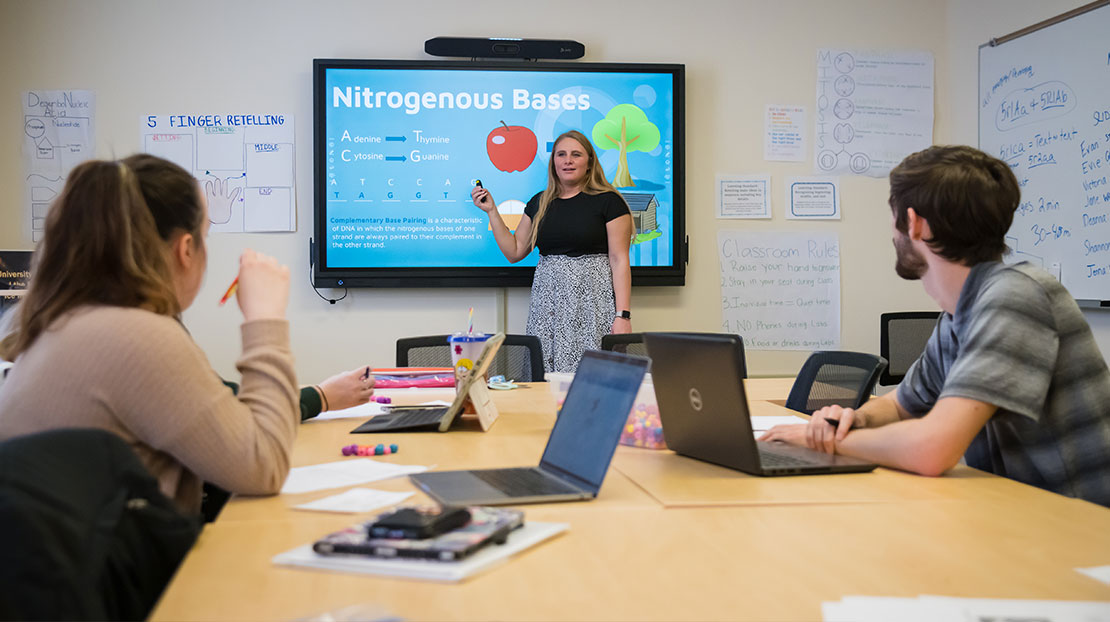
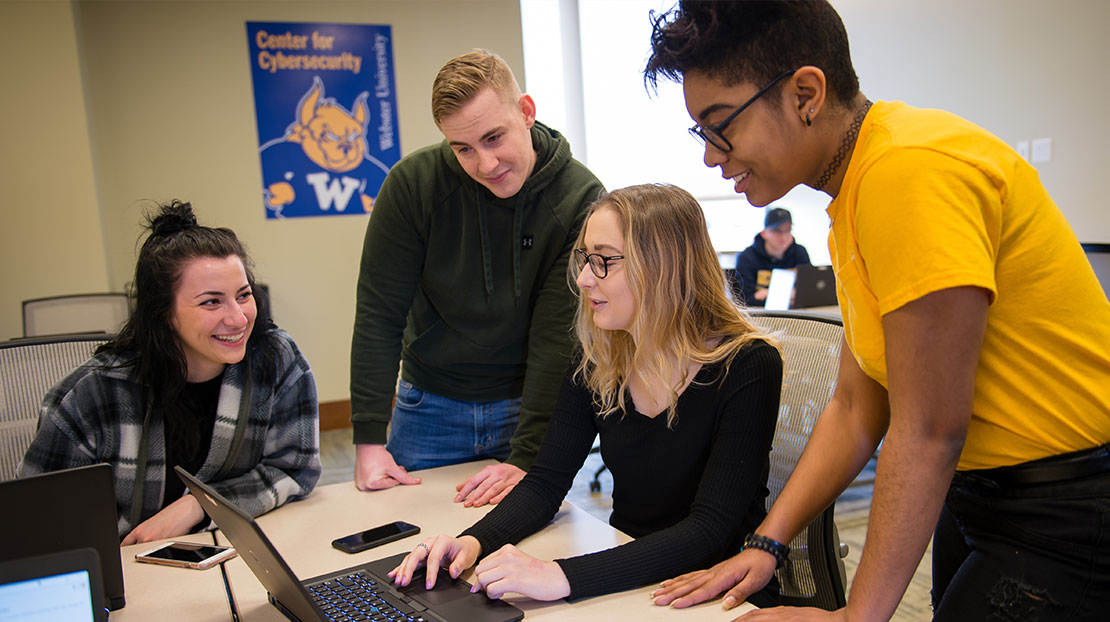
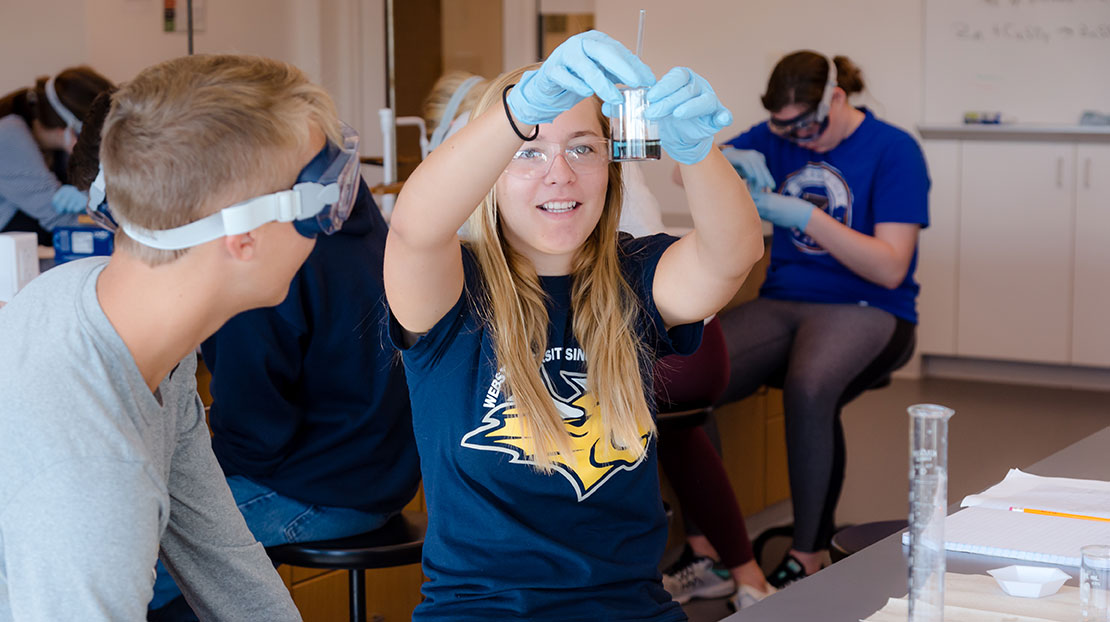
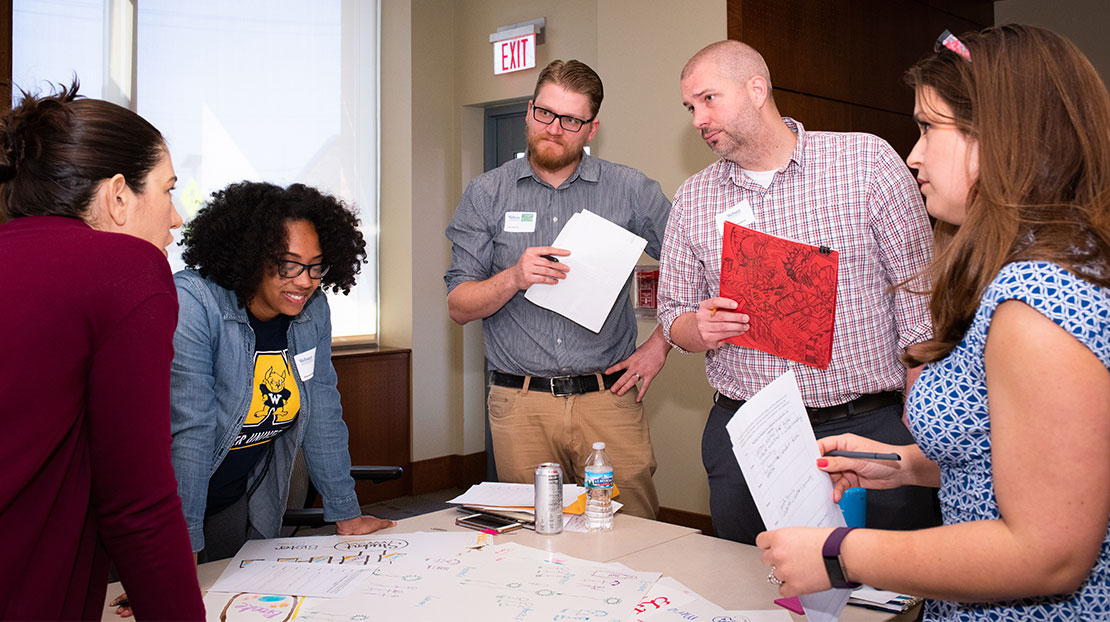
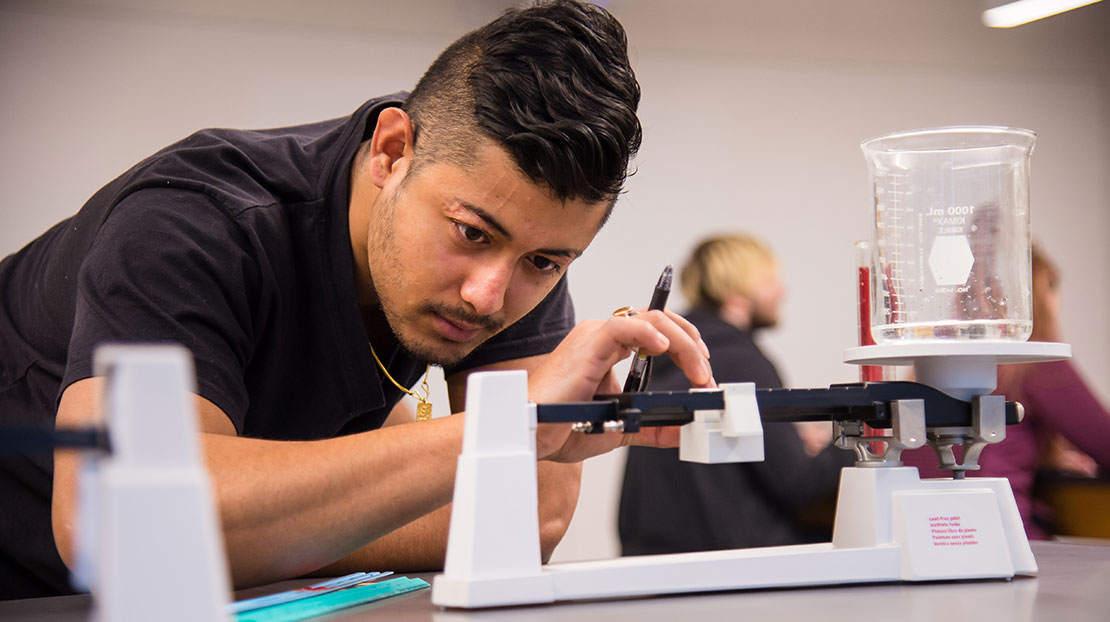
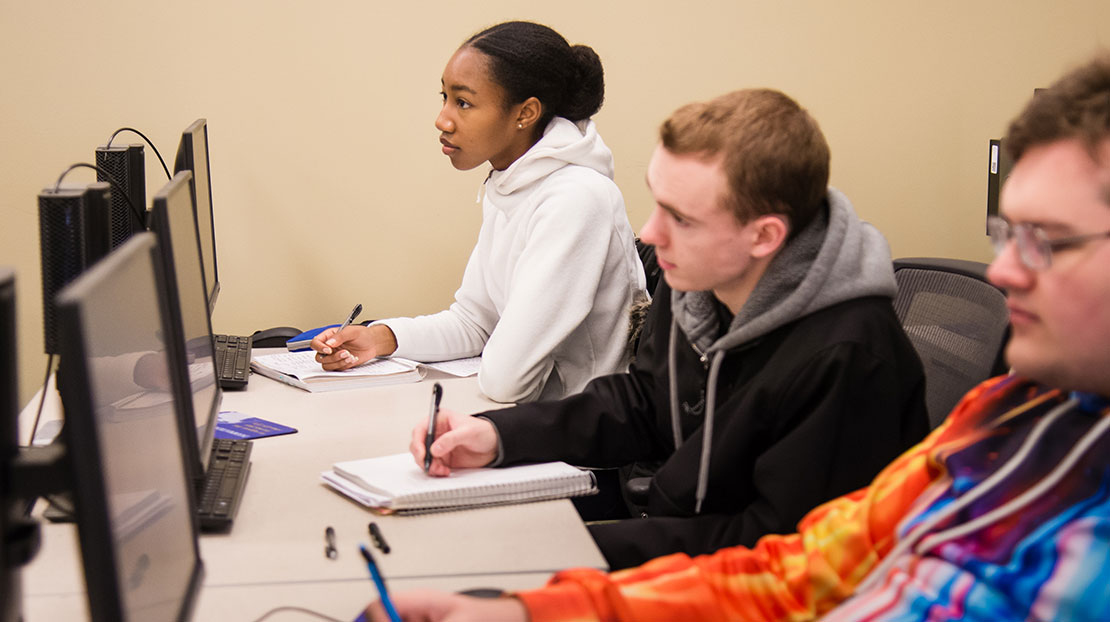
Partial support for this work was provided by the National Science Foundation Robert Noyce Teacher Scholarship (Noyce) program under Award No. 2243351. Any opinions, findings, and conclusions or recommendations expressed in this material are those of the author(s) and do not necessarily reflect the views of the National Science Foundation.

Connect with Webster
In the News - Bell, Blazer, Brown-Kennerly, Morris, Reilly, Smith, Miller-Struttmann, Mahfood, Martin and Nurse Rankings
April 18, 2024
This regular column features links to the most significant stories about Webster University or stories that quote Webster...
Webster Adds Multiple Cybersecurity and Analytics Majors in San Antonio
April 15, 2024
Several new graduate programs will be available at Webster University’s San Antonio Metro campus starting in the fall...
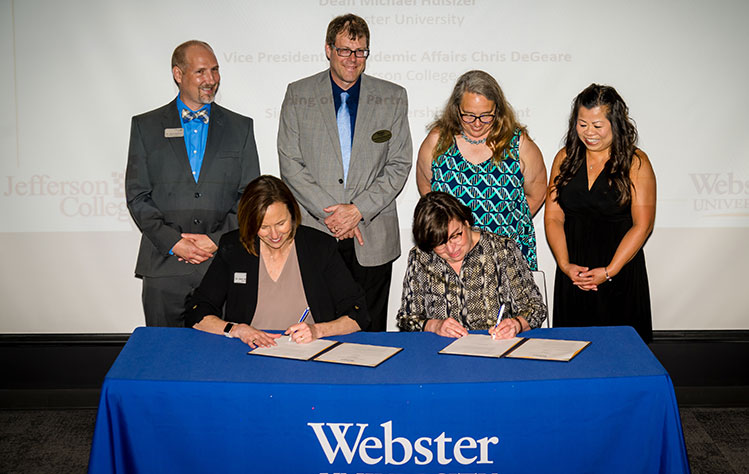
Webster University and Jefferson College Create a Pathway for Students to Earn a Bachelor’s Degree in Biology
April 15, 2024

